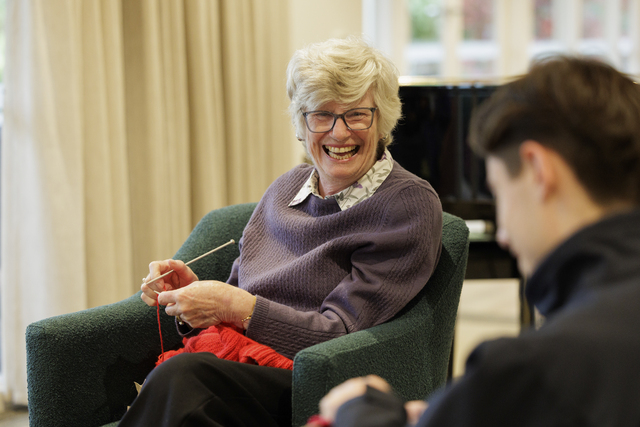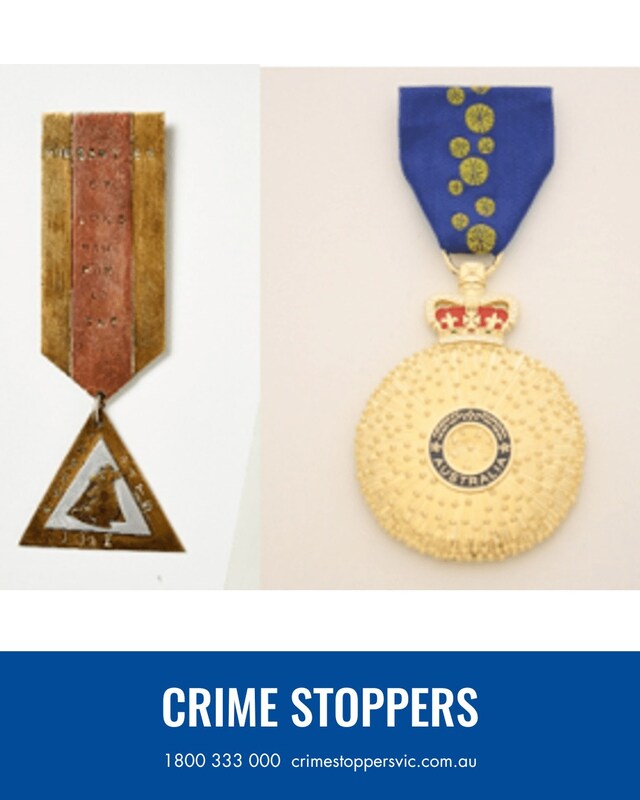 Kerryn Wildes of Kallista was horrified by comments that the new cervical cancer vaccine was using up limited health resources.
Kerryn Wildes of Kallista was horrified by comments that the new cervical cancer vaccine was using up limited health resources.By Tania Martin
A KALLISTA mother was horrified that Gembrook MP Tammy Lobato labelled the new cervical cancer vaccine as “the medicalisation of women’s bodies” in State Parliament recently.
Ms Lobato told Parliament the widespread use of the vaccine, which is due to be administered to schoolgirls across the country, was an unnecessary measure and was using up limited health resources.
The vaccine, known as Gardasil, will protect young women from contracting a wart virus that can lead to cervical cancer.
The Federal Government last year approved a vaccination program to give Gardasil to 12 and 13-year-old girls.
It also agreed to fund a two-year catch-up program for 13 to 18-year-olds through a school vaccination program, and 18 to 26-year-old women through their general practitioners.
Ms Lobato told Parliament if women didn’t smoke and if they ate healthy food, lived well and used a condom if they had multiple partners, then they were unlikely to get cervical cancer.
Kerryn Wildes of Kallista, wife of former Liberal state candidate for Gembrook Simon Wildes, has been under threat of contracting cervical cancer for the past five years.
She said she was horrified by Ms Lobato’s comments.
“I have tried the healthy eating and I exercise, I don’t smoke and still I was at risk,” Mrs Wildes said.
It was five years ago that Mrs Wildes’ cervical problems began when a pap smear showed she had abnormal cells.
For years she had to have a pap smear every six months to check the status of the cells.
“It was always hanging over my head – it was like having a dark cloud hanging around you and I kept thinking how my girls would cope if I wasn’t here to look after them,” Mrs Wildes said.
After years of uncertainty Mrs Wildes had the roof of her cervix removed to reduce the risk of the abnormal cells turning into cancer.
Eastern Ranges General Practice Association chairman Doctor Barbara Inness said cervical cancer was a horrible disease and anything that could reduce the risk was worthwhile.
“Cervical cancer kills and I have looked after women in the Royal Children’s Hospital who have died from it,” she said.
“It’s a killer and a horrible disease – anything we can do to prevent it is worth a try.”
Dr Inness said women should look at the fact that the vaccine could offer a 70 per cent protection from cancer before making a decision on the issue.
Ms Lobato said she welcomed debate on the issue and wanted women to arm themselves with all the right information before making a choice about the vaccine.
She said she did see a place for targeted use of the vaccine in cases where there was a family history of the disease.






